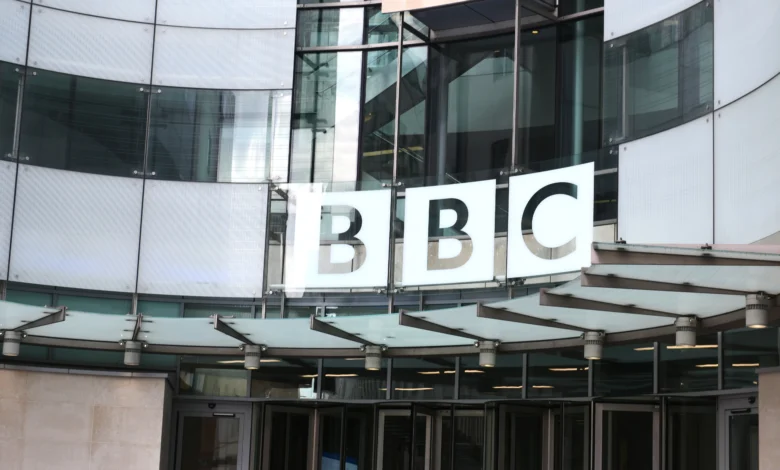Over 100 BBC Staff Accuse Network of Biased Reporting on Gaza Conflict
Internal dissent grows as BBC staff demand more balanced and evidence-based reporting on the ongoing Gaza conflict

- Over 100 BBC staff urge the network to adopt stronger editorial standards
- The letter highlights the dehumanization of Palestinians
- The signatories emphasize that as a publicly funded organization, the BBC must maintain high standards of impartiality
More than 100 BBC employees have accused the broadcaster of biased coverage favoring Israel in its reporting on the war in Gaza, criticizing its failure to adhere to “accurate evidence-based journalism.”
In a letter addressed to director general Tim Davie and CEO Deborah Turness, the staff emphasized that fundamental journalistic principles have been overlooked when scrutinizing Israel’s actions.
The letter, first reported by The Independent, includes anonymous signatures from over 100 BBC staff and more than 200 others from the media sector, including historians, actors, academics, and politicians.
The signatories highlighted the serious implications of inadequate coverage, arguing that every report lacking rigorous challenge to Israeli claims has contributed to the dehumanization of Palestinians.
Since the conflict escalated on October 7, 2023, at least 43,259 Palestinians have died, with over 101,000 wounded. In Israel, approximately 1,139 people were killed in Hamas-led attacks, with more than 200 taken captive.
The staff called for the BBC to adopt stronger editorial standards, including acknowledging the lack of access for external journalists to Gaza and clearly stating when evidence for Israeli claims is insufficient. They also urged for clearer distinctions in headlines when Israel is the aggressor and the inclusion of historical context prior to October 2023.
They pointed out that organizations like the BBC, which enjoys high public trust, have a responsibility to pursue the truth without fear. The letter warned that the BBC’s reliance on license fee funding is jeopardizing its impartiality and independence.
Previously, last November, a group of BBC journalists criticized the network’s “double standard” in its portrayal of civilian casualties, drawing parallels with its reporting on Russian war crimes in Ukraine.
The BBC has defended its coverage, stating that it strives for transparency when mistakes occur and acknowledges the limitations imposed on its reporting, particularly regarding access to Gaza and parts of Lebanon.





